How will inflation affect my business and what can I do about it?

Small and medium-sized enterprises (SME) owners and managers: Your business plays a crucial role in the economy as in the Northern Territory you are 99.8% of businesses and you create over 50% of the jobs whilst driving growth throughout our region. But, have you ever thought about how inflation affects your businesses? Inflation occurs when the overall prices of goods and services in an economy rise over time, as is happening right now. It can lead to a decrease in the purchasing power of money and lower demand for your products and services. It is essential for businesses to understand and adapt to the effects of inflation to ensure your continued success.
Bad Inflation - For your business, inflation can mean an increase in the cost of inputs like raw materials, labour, energy or insurance. This can make it harder for you to maintain your profit margins and stay competitive. Businesses are faced with the challenge of either passing on the cost to consumers or absorbing the cost themselves. If businesses choose to absorb the cost, their profit margins will shrink, potentially leading to financial difficulties. If they choose to pass on the cost to consumers, it may result in a decrease in demand for their products or services, potentially leading to lower sales and revenue. It can also make it more difficult for you to obtain loans as inflation often leads to higher interest rates.
Good Inflation - On the flip side, inflation can also have positive effects on your business. For example, if the prices of your products and services are rising faster than the cost of inputs, you can maintain or even increase your profit margin. Higher interest rates can also make it more attractive for investors to provide financing to SMEs.
What Can I Do? - So, how can you mitigate the effects of inflation on your business? One way is to improve your efficiency and productivity. By streamlining operations and reducing costs, SMEs can become more competitive and better equipped to handle inflation. Another strategy is to diversify your products and services, which reduces dependence on any one market or sector. Improving financial management through effective budgeting and cash flow strategies can also help you manage your finances and respond effectively to inflation.
9 Tips To Weather the Inflation Storm
1. Implement cost-saving measures: Look for ways to reduce your production costs, such as negotiating lower prices with suppliers, increasing efficiency, and reducing waste.
2. Diversify your product and service offerings: Offering a range of products and services can help your business to better weather economic downturns and fluctuations in demand. Consider expanding your product line or entering new markets to reduce your dependence on any one particular product or service.
3. Consider hedging strategies: Consider implementing hedging strategies, such as forward (e.g. fixed price) contracts, to minimize the impact of inflation on your business.
4. Increase your prices: If necessary, consider increasing the prices of your products or services to keep pace with inflation. Be sure to communicate any price increases to your customers in advance and be transparent about the reasons behind the increase.
5. Invest in technology: Investing in technology can help you increase efficiency, reduce costs, and increase competitiveness. This can help your business to stay ahead of the curve in the face of inflation. Yes we are talking increased productivity here, a great way to improve profitability.
6. Monitor customer spending patterns: Keep an eye on customer spending patterns and adjust your marketing and sales strategies accordingly. Offer targeted promotions, discounts, and special deals to attract customers and encourage them to continue to purchase your products or services.
7. Get paid faster, do not let customers pay invoices 60-90 days after invoice, use modern instant payment methods and systems for fast easy payments. Your BEC-NT Business Mentor can help you with this.
8. Monitor and forecast inflation: Regularly monitor inflation rates and take note of economic forecasts to anticipate the impact of inflation on your business. This information can help you make informed decisions and take proactive measures to mitigate the effects of inflation.
9. Seek financial advice: Consider seeking the advice of a BEC-NT Business Mentor to help you navigate the complex economic landscape and make informed decisions about your business.
By implementing these tips, you can help to mitigate the negative effects of inflation on your business and ensure its continued success. It's important to remain vigilant, adaptable, and proactive in the face of economic challenges to ensure the long-term success of your business.
In conclusion, inflation can have both positive and negative effects on your business, but with the right strategies in place, you can weather the challenges and thrive in an inflationary environment.




